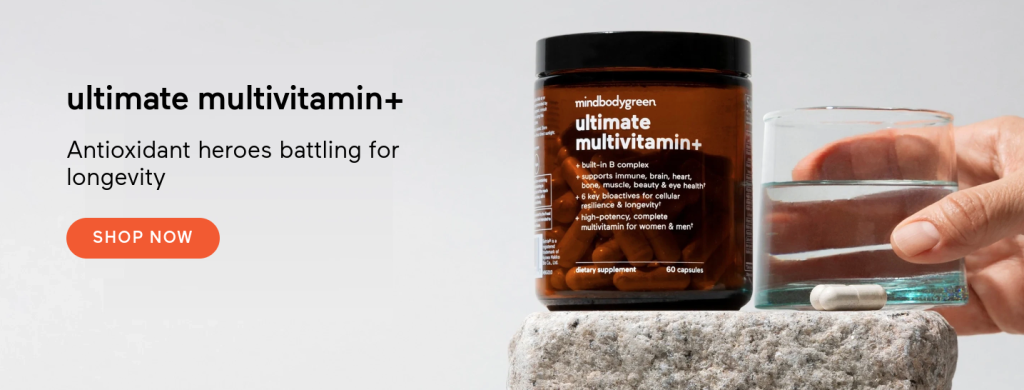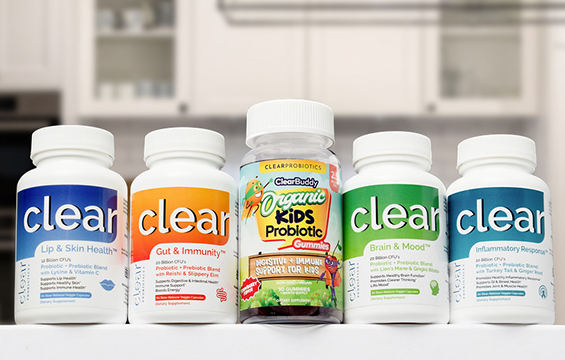Table of Contents
ToggleSea moss is a popular superfood, but is it safe to consume during pregnancy?
In this section, we will delve into the topic of sea moss and pregnancy, addressing its potential benefits, side effects, and safety considerations.
Key Takeaways:
- Sea moss is a nutrient-dense superfood that can provide several benefits during pregnancy.
- It is rich in minerals such as iron, zinc, potassium, phosphorus, calcium, iodine, selenium, and manganese.
- Sea moss is also a good source of vitamins A, C, D, and omega-3 fatty acids.
- However, it is important to consume sea moss in moderation during pregnancy as excessive amounts can lead to health risks.
- Sea moss can absorb heavy metals from the ocean, such as mercury, which can be harmful if they build up in the bloodstream.
- It can also contribute to an excess of iodine, which may cause thyroid disorders.
- Pregnant women should consult with their healthcare provider before including sea moss in their diet to ensure it is safe and appropriate for their individual needs.
- Choose high-quality sea moss products tested for heavy metals to minimize the risk of exposure to toxins.
The Benefits of Sea Moss During Pregnancy
Sea moss is a nutrient-dense superfood that is packed with essential minerals and vitamins.
It contains minerals such as iron, zinc, potassium, phosphorus, calcium, iodine, selenium, and manganese, which are crucial for the healthy development of both the mother and the baby.
These minerals play a vital role in supporting the immune system, promoting healthy cell growth, and maintaining overall health.
Sea moss is a rich source of vitamins A, C, D, and omega-3 fatty acids. These nutrients are essential for the proper development of your baby’s eyes, bones, and immune system.
They also help in reducing inflammation and supporting brain health. By incorporating sea moss into your diet, you can provide your body with these vital nutrients that are crucial for a healthy pregnancy.
It is important to note that while sea moss offers numerous benefits, it is crucial to consume it in moderation during pregnancy.
Excessive amounts of sea moss can lead to health risks, as it can absorb heavy metals such as mercury from the ocean. Choosing high-quality sea moss products that have been tested for heavy metals is also essential to minimize the risk of exposure to toxins.
| Benefits of Sea Moss During Pregnancy | Why It’s Important |
|---|---|
| Rich in essential minerals | Supports healthy development of the mother and baby |
| Good source of vitamins and omega-3 fatty acids | Aids in the development of the baby’s eyes, bones, and immune system |
| Must be consumed in moderation | To avoid potential health risks and heavy metal absorption |
Safety Guidelines for Consuming Sea Moss During Pregnancy
While sea moss can be beneficial during pregnancy, it is important to follow safety guidelines to ensure the well-being of both you and your baby.
Sea moss is a nutrient-dense superfood that contains essential minerals and vitamins. However, excessive consumption can lead to potential health risks.
One of the main concerns is the absorption of heavy metals, such as mercury, by sea moss from the ocean.
These heavy metals can be harmful if they accumulate in the bloodstream.
To minimize this risk, it is crucial to choose high-quality sea moss products that have been tested for heavy metals.
Look for reputable brands that prioritize quality control and transparency in their sourcing and manufacturing processes.
In addition, sea moss is rich in iodine, which is necessary for proper thyroid function. However, consuming too much iodine can lead to thyroid disorders.
Pregnant women should be mindful of their iodine intake and consult with their healthcare provider to determine the appropriate amount of sea moss to include in their diet.
| Guidelines for Consuming Sea Moss During Pregnancy: |
|---|
| 1. Consult with your healthcare provider: Before adding sea moss to your diet, it is essential to discuss it with your healthcare provider. They can provide personalized guidance based on your specific health needs and conditions. |
| 2. Consume in moderation: While sea moss can be beneficial, it should be consumed in moderation. Aim for a balanced diet that incorporates a variety of nutrient-rich foods. |
| 3. Choose high-quality products: Opt for sea moss products that have undergone rigorous testing for heavy metals. Look for trusted brands that prioritize quality and safety. |
| 4. Monitor your iodine intake: Ensure that your consumption of sea moss does not exceed the recommended daily intake of iodine. Consult with your healthcare provider to determine the appropriate amount for you. |
By following these safety guidelines, you can enjoy the potential benefits of sea moss while minimizing potential risks during pregnancy.
Remember to prioritize your health and always consult with your healthcare provider for personalized advice.
Potential Risks and Side Effects of Sea Moss During Pregnancy
Although sea moss can offer health benefits, it’s essential to be aware of potential risks and side effects when including it in your pregnancy diet.
While sea moss is rich in minerals and vitamins that are important for both you and your baby’s development, it’s important to consume it in moderation.
One potential risk of consuming sea moss during pregnancy is the absorption of heavy metals, such as mercury.
Sea moss is known to absorb these metals from the ocean, and if they build up in your bloodstream, they can be harmful.
To minimize this risk, it’s crucial to choose high-quality sea moss products that have been tested for heavy metals.
Another potential risk is an excess of iodine. Sea moss naturally contains iodine, which is essential for thyroid function.
However, consuming too much iodine can lead to thyroid disorders. Therefore, it’s important to consult with your healthcare provider to determine the appropriate amount of sea moss to include in your diet.

A Word from HealthyVibe
In wrapping up, if you’re expecting and considering sea moss supplements, remember to choose carefully.
Sea moss is a powerhouse of nutrients, awesome for both you and your little one. But, always go for brands that are big on quality and test for any bad stuff
. Bonus points if it’s organic and harvested with love for our planet. Your choice matters for both your health and the environment!”
FAQ
Sea Moss and Pregnancy: Is It Safe to Include in Your Diet?
Sea moss is safe to include in your diet during pregnancy, but it should be consumed in moderation and with caution. It is important to consult with your healthcare provider before adding sea moss to your diet to ensure it is safe for your individual needs.
What are the benefits of sea moss during pregnancy?
Sea moss is a nutrient-dense superfood that can provide several benefits during pregnancy. It is rich in minerals such as iron, zinc, potassium, phosphorus, calcium, iodine, selenium, and manganese, which are essential for the healthy development of both the mother and the baby. Sea moss is also a good source of vitamins A, C, D, and omega-3 fatty acids.
What are the safety guidelines for consuming sea moss during pregnancy?
When consuming sea moss during pregnancy, it is important to do so in moderation. Excessive consumption of sea moss can lead to health risks, including the absorption of heavy metals such as mercury, which can be harmful if they build up in the bloodstream. It can also contribute to an excess of iodine, which may cause thyroid disorders. Consulting with a healthcare provider is essential to ensure the safe and appropriate use of sea moss during pregnancy.
What are the potential risks and side effects of sea moss during pregnancy?
One of the potential risks of consuming sea moss during pregnancy is the absorption of heavy metals from the ocean, such as mercury, which can be harmful if they accumulate in the bloodstream. Additionally, an excess of iodine from sea moss consumption may cause thyroid disorders. Pregnant women should exercise caution and moderation when incorporating sea moss into their diet to minimize these risks.
How can I choose the right sea moss products for pregnancy?
When selecting sea moss products for pregnancy, it is important to choose high-quality products that have been tested for heavy metals. This helps minimize the risk of exposure to toxins. Consulting with your healthcare provider can also provide guidance on selecting safe and reliable sea moss supplements or products that are suitable for your pregnancy and baby development.











